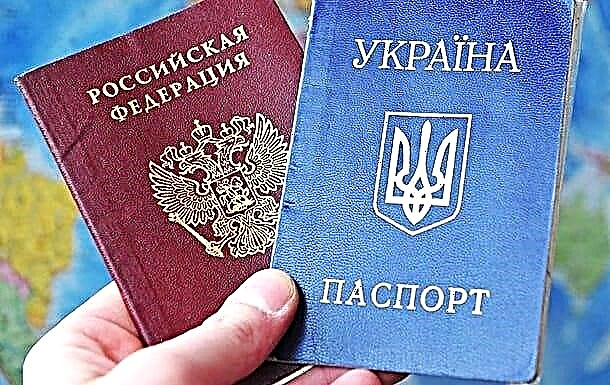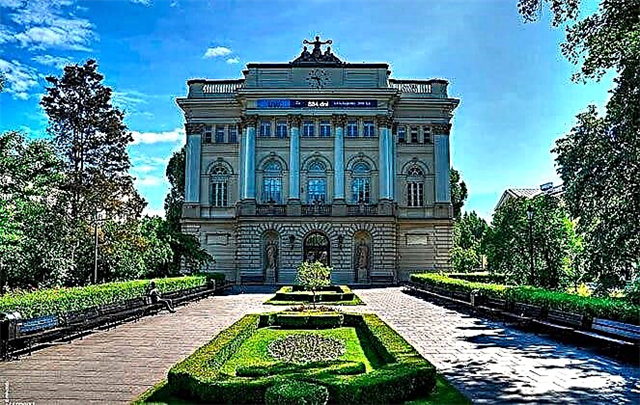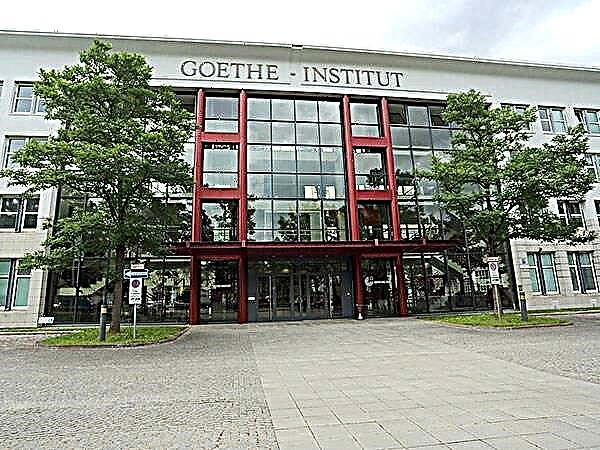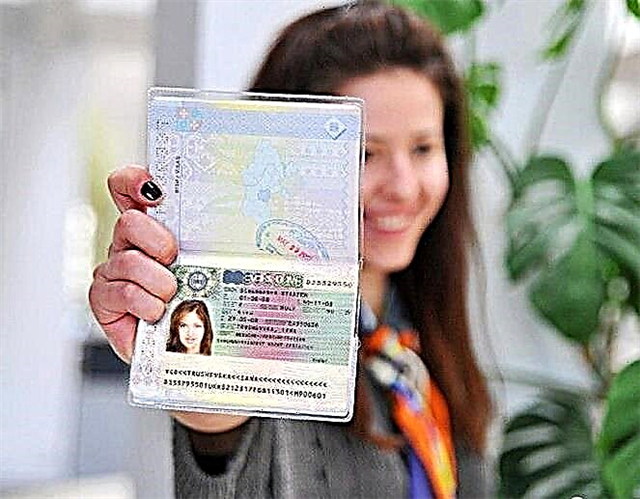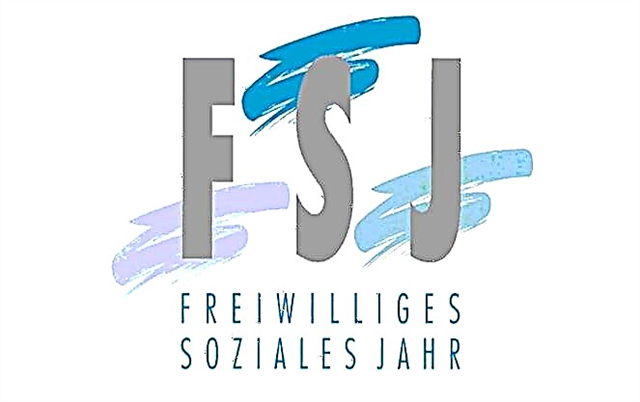A tourist tour can become a way to get to know the country, to become familiar with its culture and learn more about the life of the population living in it. This is especially true for those who plan to connect their lives with foreign countries for the next few years - for example, for students. But what if there is no money to simply walk the streets and visit museums? In this case, a “social year” in Germany can be an excellent alternative. This is an opportunity to gain experience in a field of interest to you, and language practice, and study of the country from the inside, and, of course, a sea of impressions and new acquaintances.
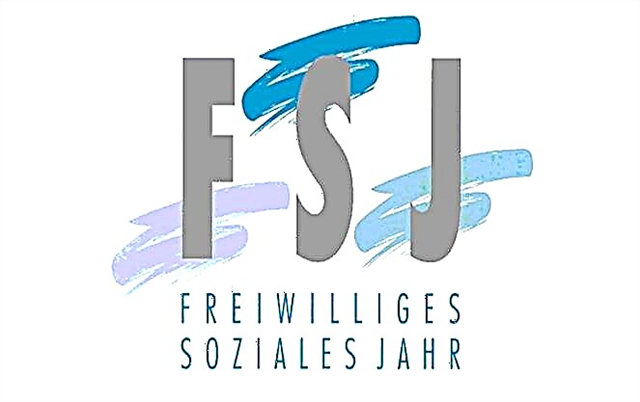
What is the program
The Social Year (Freiwilliges Siziales Jahr) is a government project that enables young people aged 16-26 to take part in social volunteer activities in the German state. The motto of the program is the slogan "Für mich und für andere", which translates as "For me and for others."
The project was launched in 1964 and for more than 50 years of its existence has covered about half a million participants, 75% of whom are girls.
The program is an excellent opportunity for foreign youth to improve their knowledge of the German language and gain practical skills in the social sector, providing good prospects for those who want to enroll in one of the many universities in the country. The FSJ volunteer program covers the following areas:
- caring for the sick and the elderly;
- rendering assistance to people with disabilities (disabled people);
- work with teenagers and children;
- culture;
- sport;
- work on farms and zoos;
- maintenance of historical monuments;
- work in reserves.
Volunteers can also try themselves as cartographers, gardeners or take part in environmental projects with the prospect of further employment in the relevant departments.
The project lasts 12 months. If desired, the period can be extended to a maximum of 18 months. The minimum period for participation in the program is six months. Applications are accepted twice a year - in February and September.
In 2021, another project was launched - Bundesfreiwilligendienst, which, in addition to the above activities, provides for work in hospitals, nursing homes, ambulance services, youth camps.
Who can become a member of the program
The main criterion for selecting applicants is personal motivation. And in this case, this is not just a clerical phrase. Volunteers will have to work with children, the elderly, the disabled, and animals, which means that they must have such qualities as patience, kindness, resistance to stress and dedication. Moreover, you will have to work on a voluntary basis, so the motivation should be really serious.

Another requirement for candidates is knowledge of the German language at least at the initial level. Teaching skills or social work experience are highly appreciated.
As mentioned above, only a person aged 16 to 26 can apply. This means that young men and women can become participants in the program, regardless of whether they have a higher education or not.
When it comes to BFD in Germany, there is no strict age limit. In 2021, persons who are at least 18 years old can take part in the program, but the upper age limit has not been set.
What are the conditions for taking part in the program?
Before submitting an application, you must carefully read the conditions that the host offers. The main bonus is free accommodation and meals throughout the entire participation in the project. In some cases, members may receive monetary compensation for these costs.
In addition, pocket money is issued monthly. The provision of medical insurance is also mandatory. Only transportation costs will have to be paid on your own.
Working hours are 40 hours per week. Each volunteer can take a 24-day vacation during the year. This time can be used to make a study tour around the country or visit other EU countries. Another 25 days will be spent on training - trainings and seminars. As a rule, the program includes 4 professional lessons and 5 general education ones. The latter concern the history and culture of Germany, partly devoted to the study of the German language. Participation in trainings is mandatory for every volunteer, since it is counted as working time. Up to 5 days of classes can be devoted to one topic. These days are paid by the organizers of the project.
Thus, the following will await the volunteers:
- coverage of all living expenses, excluding transportation costs;
- standardized working day;
- training courses on a free basis;
- vacation;
- obtaining a certificate confirming participation in the program, which is issued at the end of volunteer activities.
The specifics of the job will depend on the area of employment. For example, in a hospital you may be entrusted with sorting tools, in a nursing home - walking with grandparents, in eco-zones - cleaning territories.
How to become a member of the program
You need to apply for a voluntary social year in Germany 2-3 months before the start of the program. This can be done with the help of intermediaries - special companies that organize trips, or on your own. In the first case, you will be relieved of the preparation and collection of the necessary documents, in the second, you will be able to save about 300 euros on paying for the services of intermediaries.
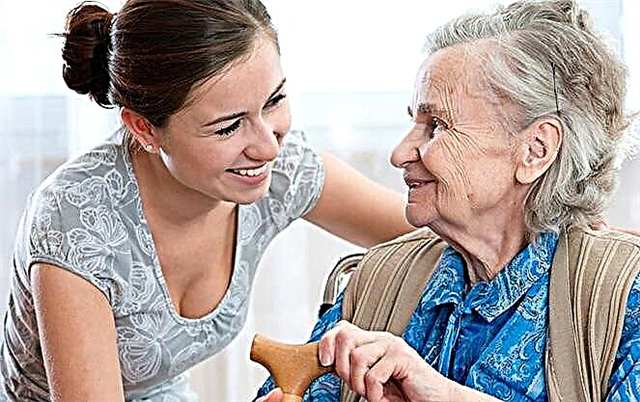
However, it should be borne in mind that by contacting the agency, you will also be able to receive all kinds of information support and advice regarding those situations that may arise in professional activity already in Germany.
Most host organizations will want to invite the candidate for an interview, during which the level of German language skills will be checked and the personal qualities required for a particular job will be assessed.
Such meetings are usually held in a playful way, which makes it possible to determine whether the candidate will be able to work in the declared area. The advantage of intermediaries is that they will help you choose a project to enroll in without an interview.
For self-filing of an application, you need to go to the program website, select the desired area of activity, the region in which you want to live, and contact the branch you need.
What documents are required
In order to take part in the volunteer program, you need to prepare a package of documents. It should include:
- Summary.
- Completed application (the form will be sent by the project coordinator).
- Motivation letter.
- Secondary education certificate. Students will need a certificate from the dean's office of the university, which must be translated into German and certified by a notary.
- Photo of passport format.
- Certificates of participation in other volunteer programs (if any).
- Confirmation of work experience in the area of interest to you (if any).
- Recommendations from the place of study or work will not be superfluous.
- Any certificate of proficiency in German.
- A copy of your driver's license, if any.
All documents must be translated into German. You should send an application to the branch of the region where you have to work. You can find a complete list of dealerships on the above website.

Having received confirmation of enrollment in the project, you can go to the German consulate to apply for a visa.Make sure you have in stock:
- Foreign passport and its copy.
- Internal passport and its copy.
- Photo.
- Visa application form.
- An invitation from the host organization confirming the provision of housing to you and indicating the conditions of payment for work and living in general.
- Certificate from the place of work or study.
- Insurance.
- A contract signed with your host organization.
- Confirmation that you have funds to pay for basic expenses that are not covered by the program.
You can find out about the procedure for obtaining a permit to enter the country from our article "Visa to Germany".
Financial questions
Social programs are carried out mainly on a free basis, but this does not mean that their participants do not receive any monetary reward. True, the amount that is due to volunteers is rather conditional and covers only the most necessary expenses.
The minimum wage is 165 euros. In some cases, it reaches 400 euros.
Accommodation in the country is covered by the host organization. The volunteer has the right to refuse this bonus and look for a room on his own, receiving plus 200 euros to the basic payment.
However, experienced volunteers recommend still agreeing to a housing option from the host. Firstly, because this way you will have the opportunity to live side by side with native speakers, and secondly, because a room will be provided to you with furniture and everything you need, which you will hardly be able to find for the money that you will receive in quality compensation.
The amount of pocket money payments depends on the region and line of business. For example, in Niedersachsen, the Toepfer Academy offers participants 150 euros. But if the volunteer eats for his own money, then the amount of payment increases to 300-350 euros.

Nursing homes usually pay around 500 euros. But work with children in creative and play centers is most often estimated at 150-300 euros.
It should be remembered that all costs of paying for tickets to and from Germany, as well as transfer to the final destination, are covered by the applicant himself.
Summing up
Members of the Social Year program can benefit from numerous benefits:
- free medical care;
- support of consultants throughout the entire period of work. They help young people to cope with difficult situations, fatigue, moral burnout;
- the opportunity to get to know the country and its culture well;
- a great chance to see not only Germany, but Europe as a whole;
- in-depth study of the language among its native speakers;
- the opportunity to take a training course;
- New acquaintances;
- obtaining skills in a particular area.
Among the disadvantages of the project can be called a small salary. In addition, one should be aware that the work ahead is not the easiest one. Therefore, if the organization offers a trial day, do not rush to refuse it, because the volunteer must be ready for such a project, first of all, morally. This will avoid breakdowns and psychological stress, especially when it comes to working with children, the elderly and the disabled.

